Subproject 2
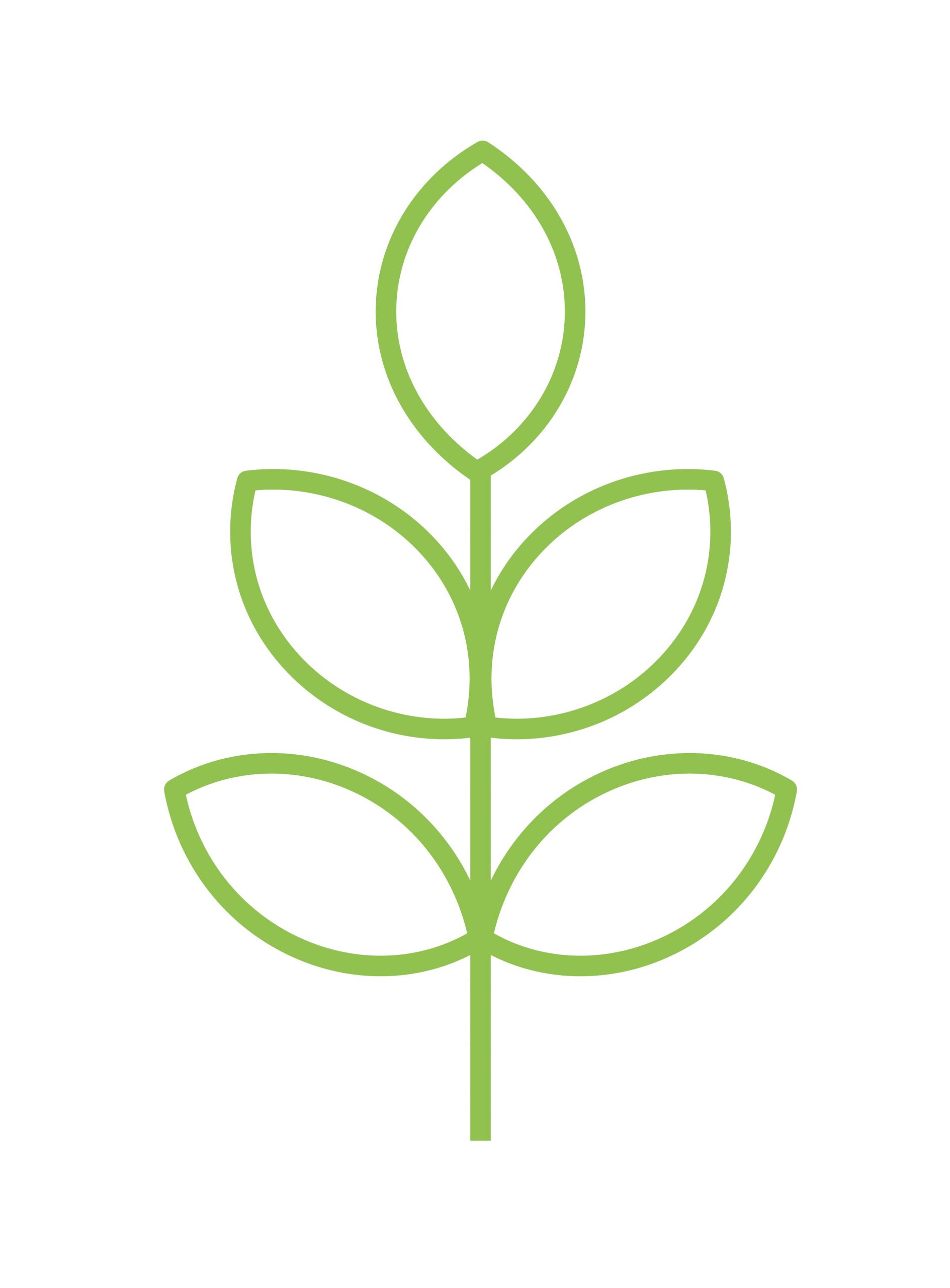
PlantCUBE
The PlantCUBE is used to realize energy- and resource-efficient plant production plants that produce high-quality food. It develops technical solutions for the optimized production of horticultural crops in greenhouses under consideration of other CUBES like the Insect- and FishCUBES. In addition to innovative additional lighting, it also offers the possibility to expose plants to natural sunlight. Thus it forms a central element of all material cycles, since the plants cultivated in it represent the primary link (lowest trophic level) of the cycle. Furthermore, it is the backbone of the most important energy saving potential, because the closed greenhouse unit can serve as a supplier of thermal energy and water. It combines high-intensity cultivation systems and technology for energy and water production with state-of-the-art control strategies. This combination enables a dynamic adaptation of the crop management according to defined target values. In contrast to conventional climate control strategies, sensory data, which provide conclusions about photosynthesis performance, are essential input parameters for the control strategies. The PlantCUBE is understood as an agricultural production unit and differs substantially from previous approaches by the integration of the following innovative system solutions:
-
Plant production, heat energy and water supplier for other agricultural processes (HU Berlin)
-
Ultra-light CUBE construction with ETFE double-layer film (diffuse) (HU Berlin)
-
Use of a Mollier tracking-based climate control system with an innovative phytocontrol system (HU Berlin)
-
Use of ion-selective sensors for monitoring nutrients in hydroponic systems (HU Berlin)
-
Flexible exchange of Grow-Interiors (Hu Berlin) Grow-Interiors (HU Berlin)
-
Development of new hybrid Aeroponic-NFT and vertical hydraulic container systems (HU Berlin)
-
Phytomonitoring for early detection of biotic stressors (HU Berlin)
-
Multilevel phenotyping: genomics and ecophysiology in combination with mathematical models for the automated interpretation of stress responses and thus qualitative/quantitative statements on product quality (HU Berlin)
-
Growth optimization and accumulation of secondary metabolites of duckweed and algae using innovative controllable LED lighting and irrigation systems (horizontal and vertical) (HU Berlin)
-
Optimization of pollination by the application of certain light spectra (HU Berlin)
-
Container-based remote cube (opaque) with full control of light quantity and quality as well as microclimate for targeted metabolites enrichment of horticultural crops (HSWT)
-
Documentation of resource efficiency and calculation of an LCA by means of continuous recording of material and energy flows (HSWT)
-
Application of dynamic light systems to reduce energy consumption (HSWT)
-
Investigation of the potential of alternative energy supply concepts (HSWT)
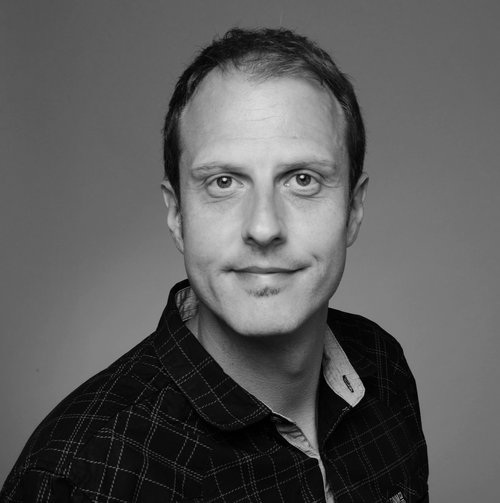
Dr. Dennis Dannehl has worked at different research centers in Germany and New Zealand and is currently employed as postdoc at Humboldt-Universität zu Berlin. He is an expert in controlled environment horticulture and especially focused on the development of technical systems and control methods applied in greenhouses to optimise plant growth and health related plant compounds in vegetables.
Contact: dennis.dannehl(at)agrar.hu-berlin.de
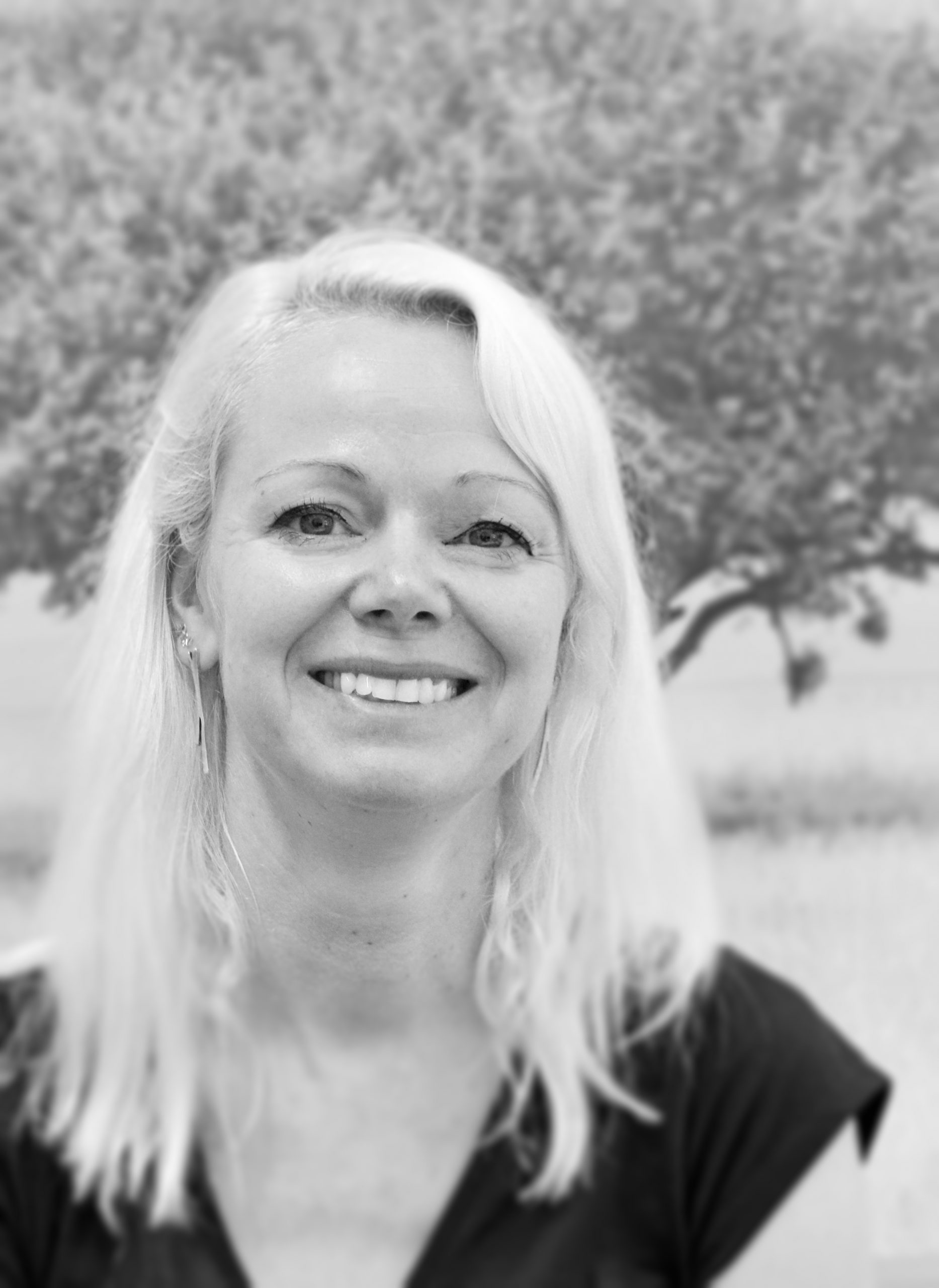
Dr. Inga Mewis holds a doctorate in biology with a focus on the chemical ecology of herbivores. Prior to her employment as a research assistant at the Division Biosystems Engineering at HU Berlin, she worked at various renowned research institutions, e.g. in Germany (TU Munich, MPI, IGZ, TU Berlin), the Philippines (CLSU), the USA (Penn State, Virginia Tech) and Taiwan (AVRDC). Her current research focus is on improving the product quality of Brassicaceae and other crop plants under different light regimes using new LED-technologies in combination with stress and cultivation factors.
Contact: inga.mewis(at)hu-berlin.de
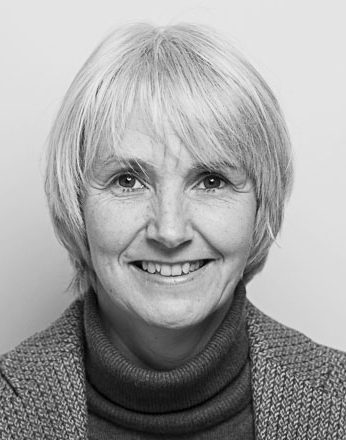
Prof. Dr. Heike Mempel heads the Department of Technology in the Greenhouse at Weihenstephan-Triesdorf University (HSWT). She has extensive knowledge in the food retail industry and her research is underpinned by a user-centric, commercial approach. Her research focuses on the application and optimization of closed production systems, the use of LED lighting strategies to influence resource consumption and produce quality as well as the potential of miniaturized near-infrared measuring devices for assessing and evaluating quality parameters in production and post-harvest.
In CUBES Circle her focus of interest is on the influence and assessment of plant target quality parameters while at the same time optimizing the resources used across CUBES.
Contact: heike.mempel(at)hswt.de
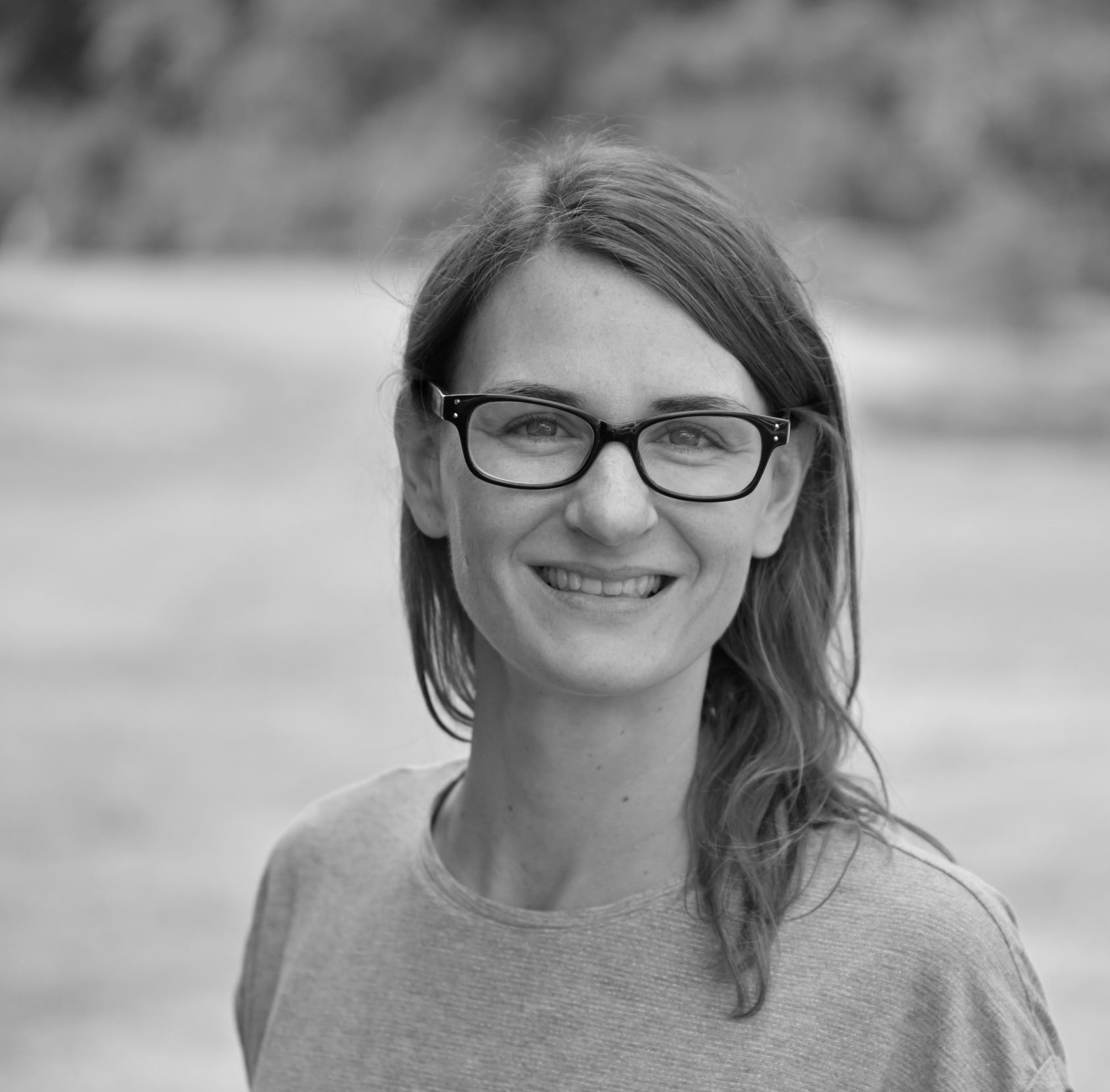
Dr. Nadja Förster manages the chemical laboratory of the Division Urban Plant Ecophysiology at Humboldt-Universität zu Berlin. Focus of her work within CUBES Circle is the qualitative and quantitative analysis of secondary metabolites in plants. She has vast experience in diverse extraction methods to determine glucosinolates, flavonoids, salicylates, phenolics, carotenoids etc. in plants.
Contact: nadja.foerster(at)hu-berlin.de
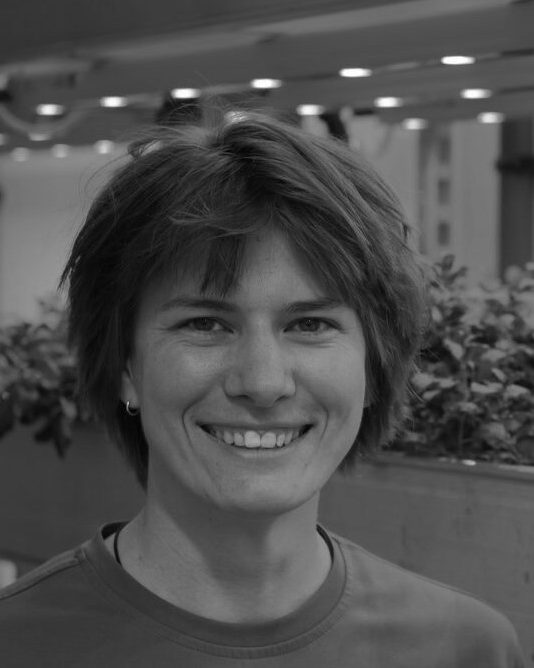
Sabine Wittmann (M.Sc. nach Abschluss) studierte an der Hochschule Weihenstephan-Triesdorf im Bachelorstudiengang Gartenbau und schließt bis 2020 im Gemeinschaftsstudiengang Gartenbau-management der Technischen Universität München und der HSWT ihr Masterstudium ab. Parallel arbeitet sie als wissenschaftliche Mitarbeiterin im Projekt PROSIBOR.
After finishing her Master's Degree Course in Horticulture Management at the Technical University of Munich in 2020, she will temporarily supervise both projects until PROSIBOR is completed. During this time, she will work on the integration of the RemoteCUBE into the CUBESCircle under the direction of Prof. Mempel. Afterwards she will fully take over the Sub-Project PlantCUBE (HSWT) and focus on the measurement and optimization of resource and energy efficiency and the spezific influence of the quality of products to generate an added value.
Contact: sabine.wittmann(at)hswt.de
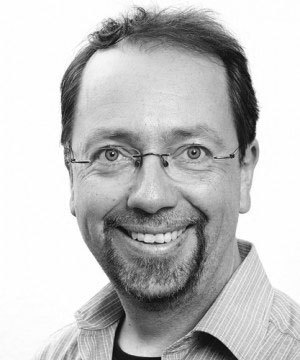
Dr. Matthias Schöller is CEO of Biologische Beratung Prozell und Schöller GmbH.
Contact: bip(at)biologische-beratung.de
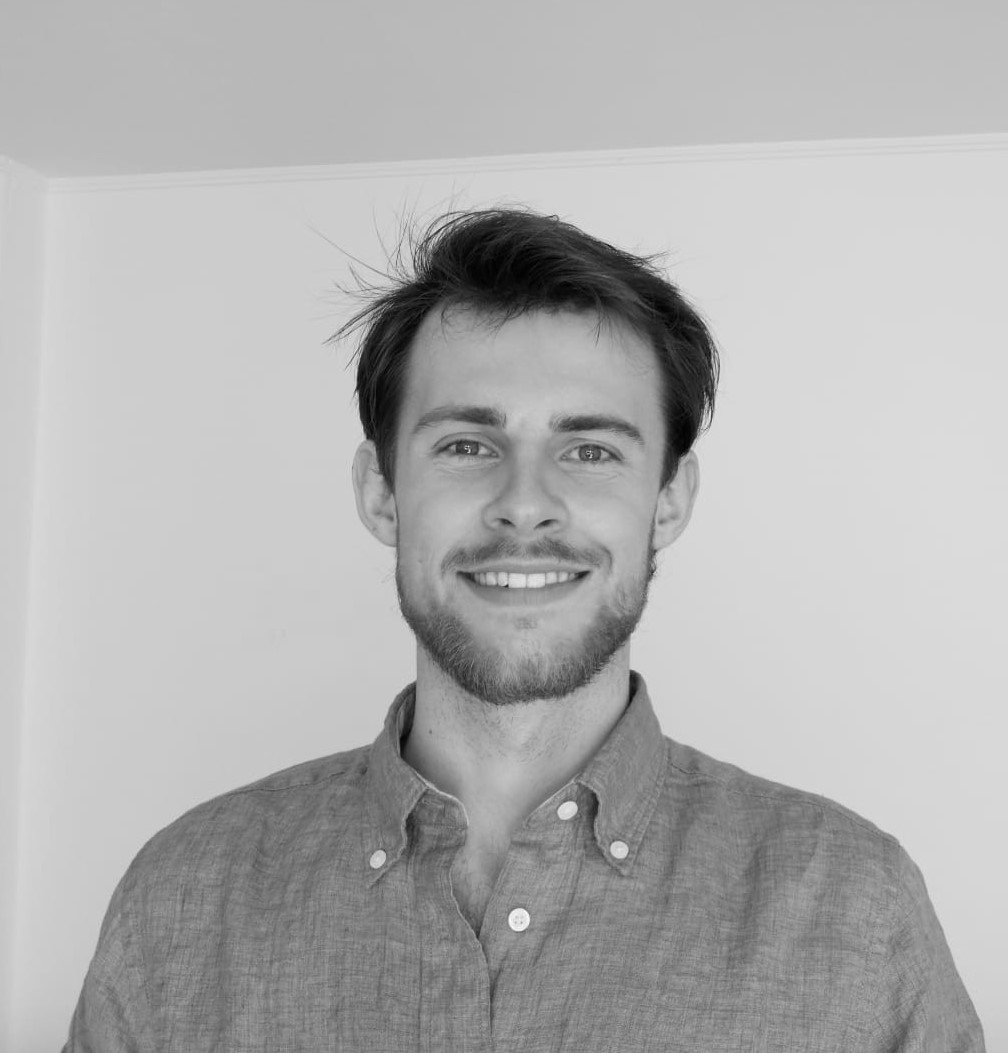
Daniel Hübner studied at the Justus Liebig University in the bachelor's program "Agricultural Sciences" and completed the master's program "Process and Quality Management in Agriculture and Horticulture" at Humboldt-Universität zu Berlin in 2021. In addition, he was involved in the interdisciplinary thematic class "Cannabis Research Class" at HU in the course of the Deutschlandstipendium.
Within CUBES Circle Daniel is concerned with optimizing the product quality of the crops. In addition, he collects data of the individual resource flows for a sustainability assessment of the project.
Contact: daniel.huebner(at)hu-berlin.de

